In Melbourne, AB Nurses emerges as a leading nurse staffing agency, offering a spectrum of nurse staffing solutions aimed at the aged care and hospital sectors. This Melbourne Nurse Agency tailors its services to meet the intricate needs of individuals, providing support that ranges from temporary to permanent roles, and facilitating disability support services with a focus on excellence and compassion.
The philosophy behind AB Nurses' approach is rooted in a commitment to enhancing healthcare experiences by connecting skilled professionals with healthcare facilities in need. Through comprehensive services, including disability support and nursing care, this agency not only meets the demand for quality care but also offers a conducive environment for nurses seeking rewarding career opportunities in Melbourne.
The Philosophy Behind AB Nurses' Approach
AB Nurses, operating in Melbourne, has carved a niche in providing superior nursing services by employing highly qualified, registered, and experienced nurses. These services are meticulously designed to cater to individuals within the aged care and hospital sectors who have complex needs. At the heart of AB Nurses' philosophy is a commitment to communication strategies that foster trust.
This includes:
- Expressing genuine interest in NDIS participants' hobbies and passions.
- Employing active listening, demonstrating respect and empathy.
- Utilising varied communication methods to ensure clarity and understanding.
AB Nurses Support Services is driven by core values of compassion, expertise, integrity, collaboration, and excellence. The organisation specialises in making the perfect match between caregivers and service providers in both hospital and aged care settings. Their approach is underpinned by a belief in the power of community, aiming to create a care network that extends beyond mere service provision to form a supportive care and understanding community. This ethos is geared towards unlocking possibilities and fostering independence for every patient, with a mission to infuse happiness into every aspect of healthcare, from the mundane to the significant. Through pioneering excellence in the field, AB Nurses inspire lives with innovative healthcare solutions, ensuring that every task, no matter how small, is carried out with joy and a sense of purpose.
Comprehensive Services Offered by AB Nurses
AB Nurses Melbourne stands out as a beacon of support and care, offering a comprehensive range of services tailored to meet the diverse needs of individuals requiring nursing and disability support. Their offerings span across:
Disability Support Services:
- Accommodation & Tenancy Assistance
- Community Nursing Care
- Travel and Transport Assistance
- Household Task Support
- Daily Personal Activities
- Innovative Community Participation
- Support Coordination
- Supported Independent Living
- Specialist Disability Accommodation
Nursing Care Services:
- Specialised support from Continence and Wound Care Nurses
Services tailored for various participant groups including those with Acquired Brain Injury, Intellectual Disability, Mental Health issues, Autism, Dementia, Physical Disabilities, and Spinal Injuries
Comprehensive care options including Daily Personal Activities, Group and Centre Based Activities, Nursing Care, Community Participation, Personal Care, Respite Centre (overnight), Shared Living Support (24-hour), Support Work, Travel and Transport, Trips & Holidays
- Employment and Support for Healthcare Professionals:
A dedicated Job Seekers section for creating job alerts and submitting resumes
An Employers section to assist in finding suitable roles for Registered Nurses, Personal Care Assistants, and Enrolled Nurses
Opportunities for Casual, Permanent, Local Contract, and Overseas Nurses in Mental Health, Forensic and Correctional Services, General and Specialist areas
AB Nurses’ approach is holistic, focusing not only on the provision of high-quality care but also on creating meaningful employment opportunities for healthcare professionals. Their services are designed to cater to a wide age range, ensuring inclusivity and accessibility for all.
Ensuring Quality and Compassion in Every Service
AB Nurses demonstrates an unwavering commitment to ensuring quality and compassion in every service they provide, underpinning their reputation as a leading provider of nurse staffing solutions in Melbourne. Their approach is multi-faceted, focusing on:
- Screening and Evaluation: Rigorous screening processes ensure that only the most qualified and compassionate nursing staff join the team. This includes thorough background checks, verification of qualifications, and evaluation of their commitment to providing empathetic care.
- Continuous Training and Professional Development: Ongoing training programs and workshops are available to all staff, enhancing their clinical skills and knowledge. Encouragement of professional growth through access to the latest healthcare research and practices.
- Supportive Work Environment: Promotion of a culture where open communication is valued, allowing nurses to voice ideas and concerns freely. Implementation of policies that support work-life balance, reducing burnout and increasing job satisfaction. Recognition programs to acknowledge and reward the hard work and dedication of the nursing staff.
This structured approach not only ensures the delivery of high-quality patient care but also fosters a positive and supportive environment for nurses, enabling them to thrive professionally and personally. By focusing on these key areas, AB Nurses sets a standard for compassionate care in Melbourne, ensuring that patients receive the best possible support and care tailored to their individual needs.
Why Choose AB Nurses for Nurse Staffing in Melbourne?
Choosing AB Nurses for nurse staffing solutions in Melbourne offers unparalleled advantages to healthcare facilities and nursing professionals alike.
- Wide Talent Pool and Flexibility:
Access to a broad talent pool of qualified nursing professionals.
Flexible staffing solutions customised to meet the specific needs of healthcare facilities.
Variety of employment options including full-time, part-time, and temporary positions, ensuring a perfect match for both nurses and healthcare facilities.
- Administrative Support and Financial Flexibility:
AB Nurses handles all administrative tasks, streamlining the recruitment process.
Offers hourly pay options and competitive rates, providing financial flexibility for nurses.
Nurses enjoy the autonomy to choose their shifts, days off, and preferred locations, promoting a healthier work-life balance.
- Professional Development and Work Environment:
Continuous support and communication foster a positive work environment.
Opportunities for professional growth through ongoing training and access to the latest healthcare practices.
Encouragement of professionalism, caring, and altruism, aligning with the core values of nursing.
AB Nurses, being part of the Institute of Health and Nursing Australia, not only ensures top-quality facilities but also promotes a culture free from workplace politics and job insecurity, making it the preferred choice for nurse staffing solutions in Melbourne.
The agency not only meets the dynamic demands of quality care in the aged care and hospital sectors but also paves the way for healthcare professionals seeking meaningful career opportunities. By prioritising core values such as compassion, expertise, integrity, and collaboration, AB Nurses has established itself as a cornerstone of quality care, seamlessly blending the provision of essential services with the cultivation of a robust community of caregivers and recipients alike.
In wrapping up, it cannot be overstated how AB Nurses stands as a beacon of hope and excellence within Melbourne's healthcare landscape. Their unwavering dedication to enhancing healthcare experiences through skilful staffing solutions showcases a model worth emulating. As they continue to influence positive changes in healthcare delivery and professional development, their work reaffirms the belief in the power of compassion and expertise combined. For healthcare facilities and professionals alike, engaging with AB Nurses represents a step towards enriching healthcare experiences and fostering a community grounded in understanding, support, and the highest standard of care.





